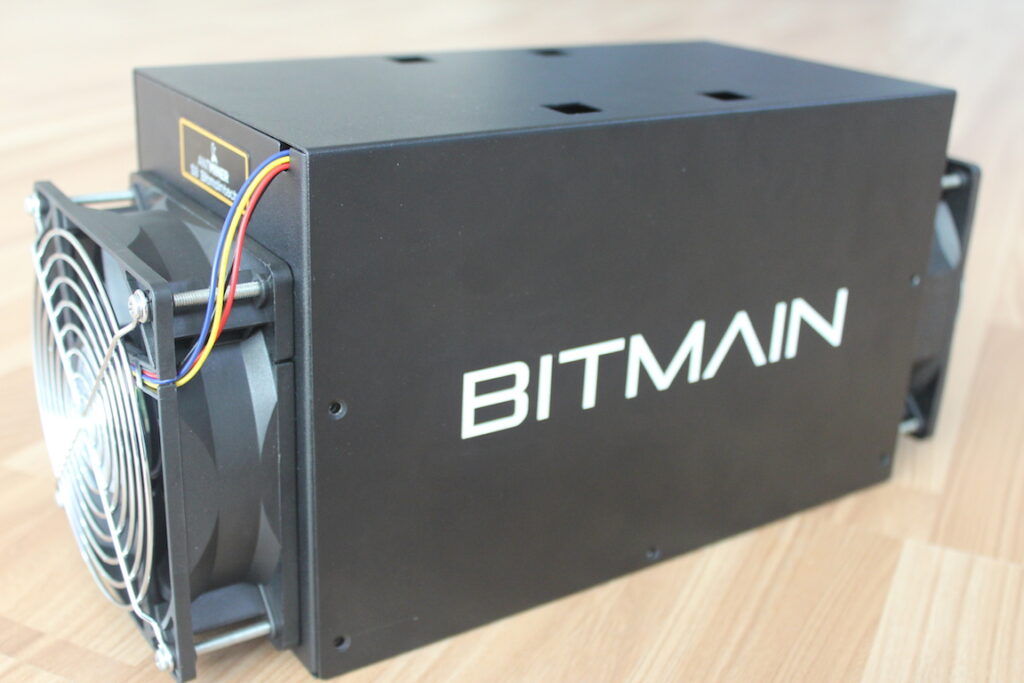TSMC stopped chip shipments to Xiamen Sophgo, linked to Bitmain’s Micree Zhan, amid a U.S. sanctions probe involving Huawei.

Taiwan Semiconductors Manufacturing Company (TSMC) allegedly blocked chip shipments to Xiamen Sophgo, a Chinese semiconductor company associated with Micree Zhan, the co-founder and chairman of Bitmain.
This happens in the midst of an ongoing investigation by the United States into alleged sanctions violations relating to Huawei. Following the commencement of a probe by the United States Department of Commerce into whether or not TSMC had indirectly sold chips to Huawei, rumors indicate that TSMC ceased delivering chips to Sophgo early this month.
Since the year 2020, the United States has imposed sanctions on Huawei due to worries regarding the country’s national security. These penalties include stringent restrictions on the company’s access to cutting-edge technology.
TSMC Cuts Off Bitmain-Linked Firm Over Huawei Chip
TSMC has ceased all shipments to Sophgo, an artificial intelligence business that is affiliated with Bitmain. The discovery of a chip from a Taiwan-based chipmaker within a Huawei artificial intelligence processor led to this development.
Sophgo reportedly placed an order with TSMC for chips identical to those used in the Huawei Ascend CPU. The United States is attempting to defend its national security interests by imposing limits on the acquisition of such equipment, which Huawei is attempting to circumvent.
Since the year 2020, the United States has imposed sanctions on Huawei due to worries regarding the country’s national security. These penalties include stringent restrictions on the company’s access to cutting-edge technology. As a result of Huawei’s chip, TSMC has severed any ties with Bitmain.
TSMC has ceased all shipments to Sophgo, an artificial intelligence business that is affiliated with Bitmain. Sophgo is a chip designer based in China. The discovery of a chip from a Taiwan-based chipmaker within a Huawei artificial intelligence processor led to this development.
Sophgo reportedly placed an order with TSMC for chips identical to those used in the Huawei Ascend CPU. The United States is attempting to defend its national security interests by imposing limits on the acquisition of such equipment, which Huawei is attempting to circumvent.
Xiamen Sophgo’s role as Huawei’s direct chip supplier remains uncertain. Despite this, the primary concern is the potential impact on the miner’s ongoing relationship with TSMC. The Chinese capital of Beijing is home to the privately held firm known as Bitmain.
Additionally, Bitmain specializes in the development of application-specific integrated circuits (ASIC) chips specifically designed for Bitcoin mining. The Commerce Department and TSMC recently determined that certain semiconductors TSMC manufactured for Xiamen Sophgo share design similarities with the chips Huawei uses in artificial intelligence-enabled computing.
Sophgo Under Scrutiny After TSMC Halts Shipments
This information was distributed by sources, 2019 marked the beginning of Zhan’s Xiamen Sophgo. Prior to the recently implemented suspensions, the corporation received hundreds of thousands of chips from the semiconductor manufacturer TSMC.
Zhan indirectly controls around 22% of Sophgo, as confirmed by the Chinese corporate records. A number of the latter’s subsidiaries have domain registrations and email contacts with the miner, and he is also the owner of those subsidiaries.
TechInsights found that TSMC manufactured Huawei’s most recent artificial intelligence processor, the HiSilicon Ascend 910B. In comparison to the Ascend 910A, which was the forerunner of the Ascend 910B and was manufactured by SMIC, a domestic chipmaker in China, this is a significant improvement.
In the aftermath of the discovery, TechInsights communicated its findings to TSMC.At the beginning of October, the United States Department of Commerce questioned whether or not TSMC manufactured artificial intelligence chips or phone chips for Huawei.
Following this, TSMC ceased shipments of products to a customer whose identity remained undisclosed, coinciding with the timing of the US investigation. Bitmain entered the artificial intelligence chip development market in 2018 as part of its aim to broaden its chip offerings.
As a result of this decision, Zhan found himself in dispute with his co-founder, Jihan Wu, who advocated for the company to continue focusing on its primary business, which is the development of Bitcoin ASICs.
All of these differences, along with a variety of management concerns, ultimately led to a struggle for control between the corporation and the miner. A disagreement between Zhan and Jihan Wu, who was also a co-founder of the company, led to his firing in October 2019.
This ironically occurred just as he was getting ready to launch the Sophgo BM1684, which is the company’s “third-generation artificial intelligence chip,” at a conference in Shenzhen. Xiamen Sophgo continues to sell the chips on its website today.
In 2021, the two parties came to an agreement that would enable Zhan to resume his position as chairman. Assuming leadership positions at Bitdeer and Matrixport, Wu resigned from his position at Bitmain. Following that, the corporation has ceased its direct engagement in the development of artificial intelligence chips.

